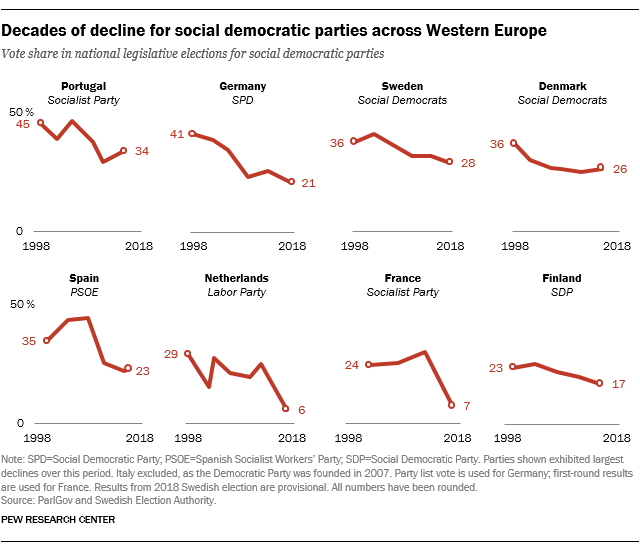Kamala Harris’s Camp Paranoia: Plan B If Biden Were to Die Leaked
According to sources within ex-Vice President Kamala Harris’s coterie, they were spooked at the thought of President Joe Biden potentially shuffling off this mortal coil while in office. Such was this macabre anxiety that they conjured up a comprehensive succession strategy, which included an extensive list of prospective judges who could execute the oath of office to Harris at any given time or location.
This previously undisclosed agenda was laid bare in a novel, ‘Fight: Inside the Wildest Battle for the White House.’ The narrative claims that Jamal Simmons, Harris’s White House communications director, was the mastermind behind this contingency arrangement, predicated on the grim premise that Biden might not make it through his term.
Simmons, it seems, was profoundly swayed by history. He cast his mind back to the powerful moment when Lyndon Johnson was inaugurated as president aboard Air Force One, following the shocking assassination of John F. Kennedy. Jacqueline Kennedy, the grieving widow, stood solemnly by Johnson’s side during the ceremony. Simmons dreamed of concocting a similarly potent symbolic moment for Harris.
Simmons also anticipated a probable whirlwind of doubt and suspicion from Donald Trump’s fan base questioning her legitimacy if Harris were to ascend to the nation’s top spot unceremoniously. He hypothesized that a swift inauguration could serve as an ‘institutional stamp of approval,’ fortifying her against such backlash.
To navigate this potential minefield, the ingenious Simmons believed the best vouchsafe would be securing a Republican-appointed federal judge, not affiliated with Trump, to preside over the oath of office. In his thinking, this would lend validity to Harris’s unexpected accession and quell any knee-jerk questioning of her legitimacy.
Ever meticulous in his planning, Simmons assembled a comprehensive list, organized by city, of suitable adjudicators who could do the honors at a moment’s notice. This qualified inventory was likened to a disaster preparedness kit, loyally accompanying him during his travels with Harris.
However, unbeknownst to Harris, Simmons harbored a rather morbid secret: his succession roster, ready to be rolled out at a moment’s notice. Simmons quietly slid out of Harris’s camp in January 2023, but not before advising the colleagues he left behind to immediately let him know if an unfortunate event were to befall Biden.
In a peculiar move loaded with secrecy, Simmons bequeathed his meticulously put-together list to another staffer before his departure. It almost seemed as Simmons was a secret agent of sorts with his secretive plans and hidden back-ups.
This insider info suggests a worrying degree of paranoia seeping into the inner workings of Harris’s team, a marked departure from the diplomatic stability and certainty one might expect from such high-profile politicians. What’s more intriguing is the extent of the secrecy involved in implementing such grave measures.
Concurrently, Biden decided to back out of the 2024 presidential race, stepping aside for his vice-president, Harris. Unfortunately, much to Simmons and the rest of her team’s dread, Harris was left with the unenviable task of vying for the Democratic nomination.
Harris’s nomination, however, was met with criticism and skepticism, perhaps more proof of the Democrat party’s recent decline. This further exposed the party’s seeming lack of strong, trusty leadership and left many questioning its future trajectory.
Alas, on the grand stage of the general election, it seemed as if Simmons’s worst fears did come to light. The contest between Harris and Trump turned out to be incredibly one-sided, with Harris’s dream of leading the nation being thwarted.
Against all the strategies, all the contingency plans, the election ended with a crushing defeat for Harris. As the dust settled, the Trump supporters had spoken – and their voices echoed across the country.
Perhaps symptomatic of the Democrat party’s weakening hold and lack of compelling leadership, Harris’s defeat serves as a stark reminder that hypothetical succession planning rings hollow without the support and confidence of the voting public.
As the election season concluded, it threw up uncomfortable questions for the Democratic party. The party machinery seemed to have lost its sheen and needed introspection into its fading allure among its constituents.
Ultimately, the eerie premonitions of doom did not materialize; Joe Biden’s health held steady. However, the dark web of intrigue and speculation weaved by those in Harris’s team left a shadow of concern. Simmons’s intricate contingency plan, while unprecedented in its detail, underlines a desperate scramble amid a fragile political facade.

